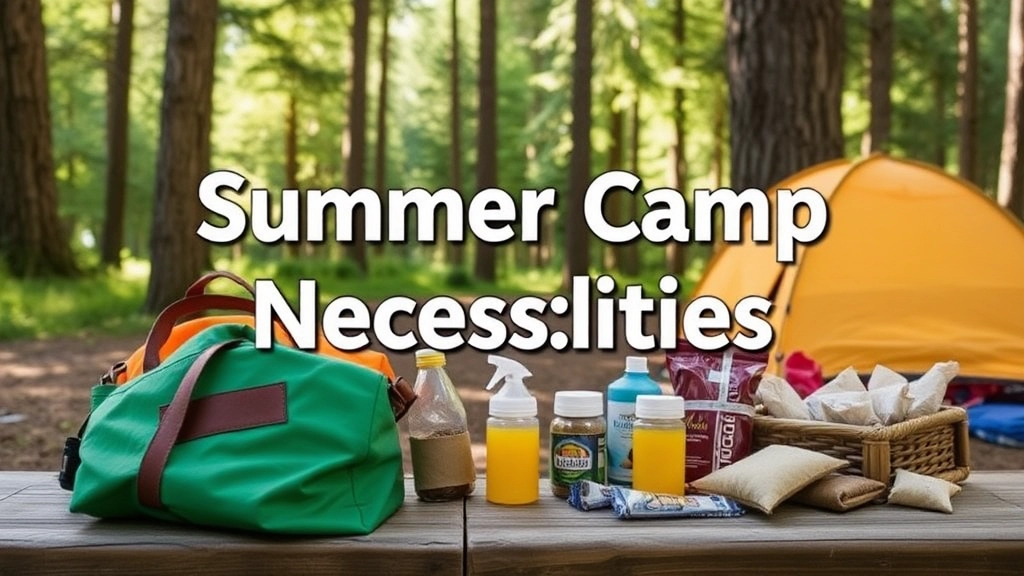Preparing for Summer Camp
Preparing for a summer camp can be as exciting as the adventure itself. Ensuring you have all the summer camp necessities is crucial for a comfortable and enjoyable experience. From packing the right clothing for varied weather conditions to having essential safety items, being well-prepared can make all the difference.
Essential Packing List
Start with the basics: clothing, footwear, and bedding. Pack layers to handle unpredictable weather, and don’t forget sturdy hiking boots and water shoes. Comfortable bedding and sleep essentials will help you rest well.
Must-Have Items
- Hygiene Items: Toiletries, sunscreen
- Hydration: Reusable water bottle
- Safety: First aid kit, navigation tools
For downtime, bring along some games and books to keep entertained. Happy camping!
Packing Essentials for Summer Camp
Ever wondered what you really need to pack for summer camp? You’re not alone. The thought of forgetting something crucial or overpacking can be a real worry. Let’s break it down so you can get it right the first time.
Clothing Tips for Varied Weather Conditions
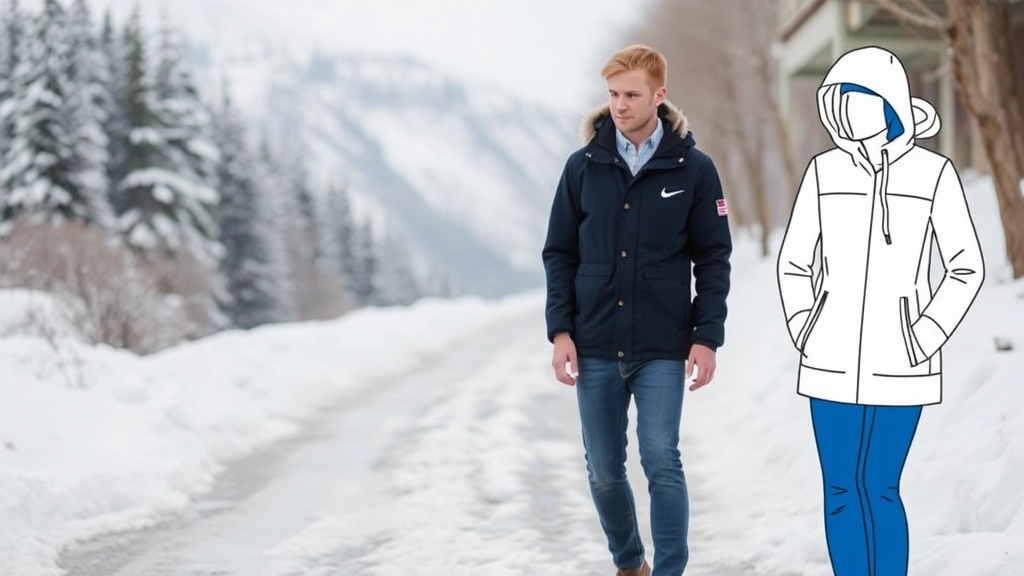
Worried about what to pack for unpredictable weather at summer camp?
You’re not alone.
Let’s break it down.
Layering is Key
Weather can change in a blink.
Start with basics:
- Base layer: Lightweight, moisture-wicking t-shirts.
- Middle layer: Fleece or light jumper.
- Outer layer: Waterproof jacket.
Pack for All Scenarios
You’ll need to be ready for anything.
Warm Days:
- Shorts
- Tank tops
- Breathable fabrics
Cool Evenings:
- Long trousers
- Hoodies or sweatshirts
- Beanie hat
Rainy Days:
- Waterproof trousers
- Poncho
- Quick-dry socks
Footwear for Every Occasion
Your feet will thank you.
- Hiking boots: For those rugged trails.
- Sandals: For casual wear.
- Water shoes: For creek walks and water sports.
Accessories Matter
Don’t overlook the small stuff.
- Sun hat: For UV protection.
- Sunglasses: To shield your eyes.
- Gloves: If it gets unexpectedly cold.
Pro Tips
- Quick-dry fabrics: They save you from soggy discomfort.
- Mix and match: Versatile pieces mean fewer items to pack.
- Pack light: Trust me, you won’t wear half of what you think you need.
Real Talk
Last summer, I packed every piece of clothing I owned.
Guess what?
I wore the same three outfits on repeat.
Footwear: From Hiking Boots to Water Shoes
Alright, let’s talk about something we all stress over before heading to summer camp: footwear. Trust me, I’ve been there, and I know the struggle. You don’t want to pack your entire shoe collection, but you also don’t want to end up with blisters or soggy feet. So, what’s the game plan?
The Right Shoes for the Right Activities
When it comes to summer camp, there’s a lot on the agenda. From hiking to splashing around in the lake, your feet are going to be doing a lot of work. Here’s a breakdown of the essentials:
-
Hiking Boots
- Why You Need Them: If you’re hitting the trails, you need solid support. Hiking boots are your best mate here.
- What to Look For: Go for boots that are waterproof, have good ankle support, and are comfortable right out of the box. Break them in before camp to avoid blisters.
-
Water Shoes
- Why You Need Them: For all those water-based activitiesâthink kayaking, canoeing, or just wading in the lake.
- What to Look For: Quick-drying materials and good grip are key. You don’t want to slip on those wet rocks.
-
Trainers/Sneakers
- Why You Need Them: For everyday activities and casual wear. These are your go-to for non-hiking days.
- What to Look For: Comfort and breathability. Your feet will thank you.
Pro Tips for Happy Feet
- Socks Matter: Don’t overlook your socks. Invest in moisture-wicking and quick-drying options. Wool socks are great for hiking because they prevent blisters and keep your feet dry.
- Foot Powder: Keeps your feet dry and fresh, especially after a long day of activities.
- Extra Laces: Always have a spare pair. You never know when one might snap.
Real Talk: My Footwear Fiasco
Let me share a quick story. My first summer camp, I thought I could get by with just one pair of trainers. Big mistake. After the first hike, my feet were sore, and my trainers were soaked from an unexpected rain. Lesson learned. Now, I always pack at least three types of footwear, and my camp experience has been way better ever since.
For more tips on what to pack, check out our summer camping outfit essentials guide. And if you’re looking for the best camps to attend, don’t miss our list of top summer camps in Dallas for 2024.
Bedding and Sleep Comfort
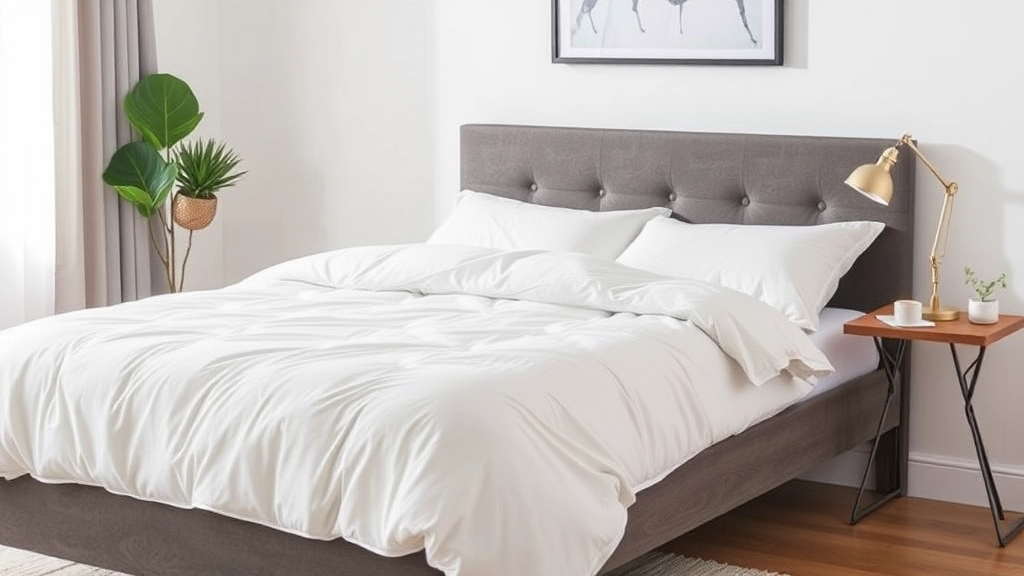
Ever tried to get a good night’s sleep on a lumpy camp bed? Not fun, right?
Bedding and sleep comfort at summer camp can make or break your experience.
Let’s dive into the essentials.
Sleeping Bag: Your Best Friend
First off, get yourself a decent sleeping bag.
One that’s warm enough for chilly nights but breathable for those hot summer evenings.
Look for these features:
- Temperature rating: Make sure it fits the range you’ll be camping in.
- Material: Synthetic for quick drying, down for extra warmth.
- Size and weight: Compact but roomy enough for comfort.
Sleeping Pad: Don’t Skip This
Trust me, a sleeping pad is a game-changer.
It adds a layer between you and the cold, hard ground.
Choose wisely:
- Foam pads: Lightweight and durable.
- Inflatable pads: More comfort but a bit more hassle to set up.
Pillow: Small But Mighty
Don’t underestimate the power of a good pillow.
Your neck will thank you.
Options include:
- Inflatable pillows: Easy to pack.
- Compressible pillows: Feel more like your pillow at home.
Extra Blankets: Just in Case
Sometimes, a sleeping bag isn’t enough.
Pack a lightweight blanket for added warmth.
Real Talk: Personal Experience
I remember my first camp-out.
I thought a sleeping bag alone would cut it.
Big mistake.
The ground was freezing, and I barely slept.
A mate lent me his sleeping pad, and it was like night and day.
Quick Tips
To make your sleep setup even better:
- Earplugs: Campsites can be noisy.
- Sleep mask: Early sunrises can ruin your sleep.
- Bug net: Keeps the critters out.
Toiletries and Hygiene Must-Haves
Alright, let’s get real. Heading off to summer camp? You might be wondering, “What toiletries do I actually need?” Nobody wants to be the smelly camper, right? So, let’s dive into the essentials.
The Basics: What You Can’t Forget
First things first, toothbrush and toothpaste. Sounds obvious, but you’d be surprised how easy it is to forget. Trust me, bad breath is not the way to make friends at camp.
- Toothbrush: Go for a travel-sized one if you want to save space.
- Toothpaste: A small tube should last you the week.
Next up, soap and shampoo. Now, you might think, “I’ll just use the camp’s stuff.” But why risk it? Bring your own so you’re not stuck with some weird-smelling, industrial-grade soap.
- Soap: A bar soap in a travel case works wonders.
- Shampoo: Travel-sized bottles are your best bet.
Keeping It Fresh: Deodorant and Wipes
Sweating is inevitable, especially in the summer. So, pack some deodorant. Trust me, your tent mates will thank you.
- Deodorant: Stick or roll-on, whatever floats your boat.
And let’s not forget wet wipes. These are lifesavers for quick clean-ups when you can’t hit the showers.
- Wet Wipes: Great for a quick refresh.
Skincare: Don’t Skip It
Even at camp, you shouldn’t skip your skincare routine. A good facial cleanser and moisturiser can keep your skin in check.
- Facial Cleanser: Travel-sized, again.
- Moisturiser: Lightweight and non-greasy.
Hair Care: Keep It Simple
You’re not going to have a lot of time for fancy hair routines. A simple comb or brush and some hair ties should do the trick.
- Comb/Brush: Compact and easy to pack.
- Hair Ties: Essential if you’ve got long hair.
Personal Hygiene: Don’t Overlook It
Last but not least, don’t forget the personal hygiene products. This includes feminine hygiene products if you need them, and a small pack of tissues.
- Feminine Hygiene Products: Pack enough for your stay.
- Tissues: For those unexpected moments.
Real Talk: Why It Matters
Imagine being out in the wild, surrounded by nature’s beauty, but all you can think about is how uncomfortable you feel because you forgot something basic. It’s not worth it. Packing these toiletries and hygiene must-haves ensures you can focus on having fun, making friends, and enjoying the great outdoors.
If you’re looking for more tips on what to pack, check out our Summer Camp Day Pass Activities, Costs, and Tips. And for those heading to specific camps, our Top Port St. Lucie Summer Camps for Kids guide might be just what you need.
Sunscreen and Insect Repellent: Staying Safe Outdoors
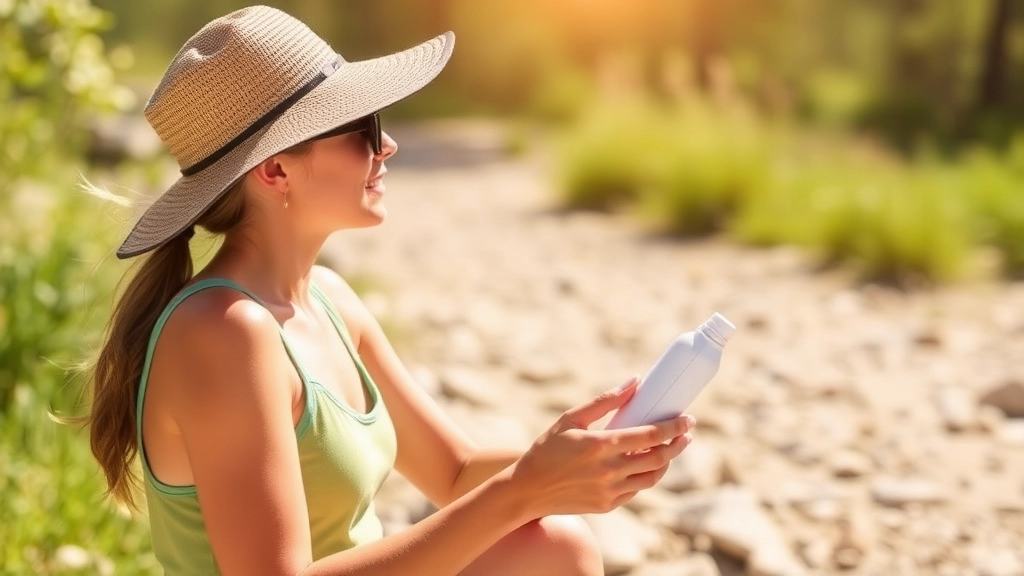
Ever been sunburnt on day one of camp and spent the rest of the week hiding in the shade? Or worse, turned into a mosquito buffet?
Yeah, me too.
Staying safe outdoors boils down to two essentials: sunscreen and insect repellent.
Why Sunscreen is Non-Negotiable
First off, let’s talk sunscreen.
You might think, “I’ll be fine, I don’t burn easily.”
But trust me, the sun doesn’t play favourites.
Here’s why you need it:
- UV Protection: Stops those harmful rays from wrecking your skin.
- Prevents Sunburn: Keeps you from turning into a lobster.
- Long-Term Health: Reduces the risk of skin cancer.
Pro Tip: Go for a broad-spectrum sunscreen with at least SPF 30. Reapply every two hours, especially after swimming or sweating.
Insect Repellent: Your Best Mate in the Woods
Now, let’s tackle the insect situation.
Nothing ruins a hike faster than swatting at mosquitoes every five seconds.
Here’s what you need:
- DEET or Picaridin: These are the heavy hitters. Look for repellents with at least 20% concentration.
- Natural Options: If you’re not into chemicals, try lemon eucalyptus oil. It’s not as strong, but it helps.
Pro Tip: Apply repellent after sunscreen. Spray it on your clothes and gear, not just your skin.
Real Talk: My Camp Disaster
Let me share a quick story.
One summer, I thought I didn’t need repellent. I woke up with bites all over my arms and legs. Spent the rest of the camp itching and scratching.
Lesson learned: Never skip the repellent.
Quick Checklist
Here’s a quick checklist to keep it simple:
- Broad-spectrum sunscreen (SPF 30+)
- Insect repellent (DEET or natural)
- Lip balm with SPF
- After-bite cream (just in case)
Hydration: Reusable Water Bottles and Filters
Ever been out in the wild, parched, and realised you’ve run out of water? Yeah, it’s a nightmare. Hydration is crucial, especially during a summer camp where you’re sweating buckets under the sun. So, let’s talk about how to keep yourself hydrated in the most efficient way possible.
Why Hydration is Key
First off, let’s get real. Dehydration can sneak up on you quicker than you think. Not only does it make you feel lousy, but it can also lead to serious health issues. Think headaches, dizziness, and even heatstroke. So, keeping your fluid levels up should be a top priority.
Reusable Water Bottles: Your Best Mate
Reusable water bottles are a game-changer. They’re eco-friendly, cost-effective, and super convenient. Here’s why you should always have one on hand:
- Durability: They can withstand the rough and tumble of camp life.
- Capacity: Opt for a bottle that holds at least a litre. Trust me, you’ll need it.
- Insulation: Some bottles keep your water cold for hours. Perfect for those scorching hot days.
- Ease of Use: Look for bottles with a wide mouth for easy refilling and cleaning.
Water Filters: Because Clean Water Isn’t Always a Given
You might think, “Why do I need a water filter? There’s a tap at the campsite.” Well, mate, nature can be unpredictable. Streams, lakes, and even campsite taps might not always offer the cleanest water. That’s where water filters come in handy:
- Portable Filters: These are compact and easy to carry. Just pop them in your backpack.
- Pump Filters: Great for filtering large amounts of water quickly.
- Straw Filters: Perfect for drinking directly from a water source.
- Gravity Filters: Ideal for group camping, as they can filter a lot of water with minimal effort.
Real-Life Example: Dave’s Dehydration Dilemma
Picture this: My mate Dave went on a summer camp last year. He brought a single-use plastic bottle, thinking it’d be enough. By midday, he was out of water and miles away from the nearest tap. He ended up borrowing my reusable bottle and using my portable filter to drink from a nearby stream. Lesson learned the hard way!
Pro Tips for Staying Hydrated
- Drink Regularly: Don’t wait until you’re thirsty. Sip water throughout the day.
- Monitor Your Urine: Sounds odd, but clear or light yellow urine means you’re well-hydrated.
- Electrolytes: Consider bringing electrolyte tablets to replenish lost salts and minerals.
- Hydration Bladders: If you’re hiking, these can be a lifesaver. They fit snugly in your backpack and come with a handy drinking tube.
For more tips on staying safe and enjoying your summer camp experience, check out our Summer Camping Packing List and learn about the benefits of summer camp life.
Safety Items: First Aid Kit and Emergency Gear
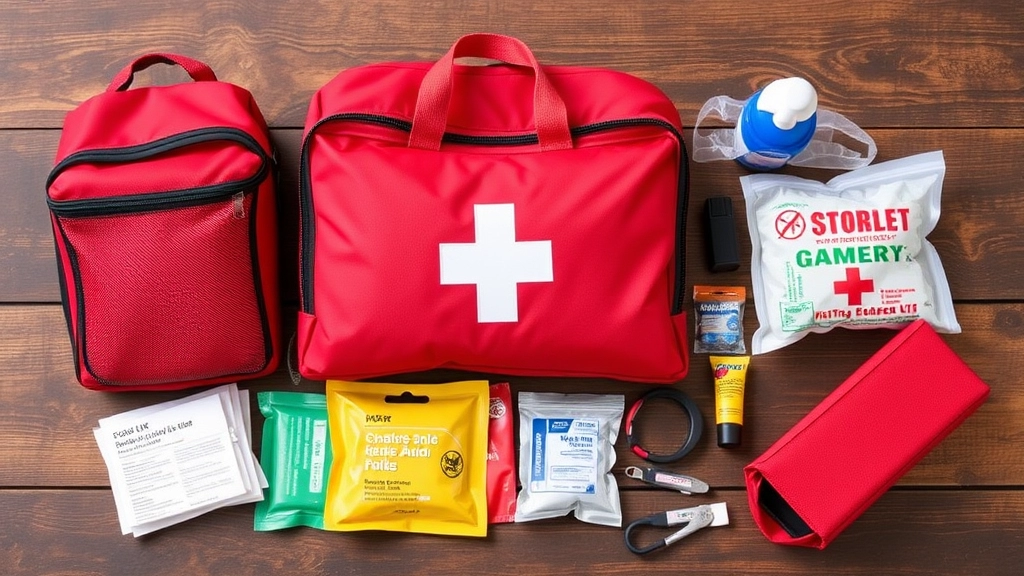
Ever worried about what happens if you get a cut or twist your ankle at summer camp?
First Aid Kit and Emergency Gear are your best mates here.
Let’s break it down.
Why You Need a First Aid Kit
Accidents happen.
It’s not a matter of if, but when.
You need to be prepared.
A solid first aid kit can turn a potential disaster into a minor inconvenience.
Here’s what you need:
- Bandages and Plasters: For those inevitable scrapes and cuts.
- Antiseptic Wipes: Clean wounds to avoid infections.
- Gauze Pads and Tape: For more significant injuries.
- Pain Relievers: Think paracetamol or ibuprofen.
- Tweezers: Splinters are sneaky.
- Scissors: For cutting tape or gauze.
- Safety Pins: Handy for securing bandages or even fixing gear.
Emergency Gear Essentials
Now, let’s talk about the big stuff.
What if you get lost or face unexpected weather?
Here’s what you need in your emergency gear:
- Emergency Blanket: Lightweight and can save you from hypothermia.
- Whistle: Sound carries farther than your voice.
- Multi-tool: Covers a range of needs from cutting to opening cans.
- Fire Starter: Matches or a lighter, but waterproof ones are best.
- Compass and Map: Your phone might die, but these won’t.
- High-Energy Snacks: Think nuts, energy bars, or dried fruits.
Real Talk: Stories and Examples
I remember a mate who went camping and got a nasty cut while setting up a tent.
No first aid kit.
He had to hike back to the base camp, bleeding all the way.
Not fun.
On another trip, we got caught in a sudden downpour.
Emergency blankets kept us warm until we could make a fire.
Keep It Fresh, Keep It Real
So, when packing for camp, don’t skimp on safety items.
Your First Aid Kit and Emergency Gear can make all the difference.
Stay safe, stay prepared, and enjoy your summer camp without the worry.
Trust me, you’ll thank yourself later.
Entertainment and Downtime: Games and Books
Alright, so you’re gearing up for summer camp and you’re probably thinking, “What am I going to do during downtime?” Trust me, I’ve been there, and I know the struggle of keeping entertained when you’re off the grid. Let’s dive into how you can make the most of your free time with some solid entertainment options.
Why Entertainment Matters at Camp
First off, let’s get real. Downtime is inevitable. Whether it’s raining cats and dogs or you’re just wiped out from a long hike, you’ll need something to keep your mind engaged. Plus, having a few good options can make the difference between an epic camp experience and a boring one.
Games: The Lifesavers
Games are a must-have. They can be a great way to break the ice, bond with new friends, or just kill time. Here are some top picks:
- Card Games: Think Uno, Poker, or a classic deck of cards. They’re lightweight, easy to pack, and can entertain a group for hours.
- Board Games: Compact ones like Travel Chess or Checkers. Perfect for those who love a bit of strategy.
- Outdoor Games: Frisbee, Hacky Sack, or even a simple ball can turn an open field into a playground.
Pro Tip:
Waterproof Games: Some card games come in waterproof versions. Super handy if you’re near water or it’s a bit damp outside.
Books: Your Best Campfire Companion
Now, let’s talk books. There’s nothing like getting lost in a good story while you’re surrounded by nature. Here are some genres to consider:
- Adventure Books: Perfect for getting you in the camp spirit. Think “Into the Wild” or “Hatchet.”
- Mystery/Thriller: Keeps you on the edge of your seat. Try something by Agatha Christie or Stephen King.
- Non-Fiction: Learn something new. Maybe a book on survival skills or a biography of an explorer.
Pro Tip:
E-Readers: If you’re worried about weight, an e-reader can store multiple books and save you some space. Just make sure it’s charged!
Mixing It Up: Combining Games and Books
Sometimes, you need a bit of both. Here are some ideas:
- Interactive Story Games: These are books that involve making choices that affect the outcome of the story. Think “Choose Your Own Adventure” series.
- Role-Playing Games (RPGs): These can be a blend of reading and gaming. Dungeons & Dragons, anyone?
Real Talk: My Camp Experience
I remember one summer, we had a game of Mafia that went on for hours. It started with just a few of us, but by the end, the whole camp was involved. We laughed, we argued, and it was one of the highlights of the trip. That’s the kind of magic the right entertainment can bring.
If you’re looking for more ideas to keep entertained, don’t miss our guide on fun games for an unforgettable summer camp. And if you’re a fan of RPGs, check out our chess summer camp guide to boost your skills and have fun.
Navigating the Outdoors: Flashlights and Navigation Tools
Ever found yourself lost in the dark, fumbling around, wishing you had a trusty flashlight?
Or maybe you’ve been on a hike, and your phone’s GPS just doesn’t cut it?
Navigating the outdoors can be a bit of a challenge, but with the right gear, it’s a breeze.
Flashlights: Your Best Mate in the Dark
You can’t beat a good flashlight.
Why?
Because when the sun goes down, you need to see where you’re going.
What to look for:
- Brightness: Go for at least 200 lumens.
- Battery life: Rechargeable batteries are a lifesaver.
- Durability: Waterproof and shockproof are non-negotiable.
Pro Tip: Always pack extra batteries. Trust me, you’ll thank yourself later.
Headlamps: Hands-Free Lighting
Ever tried setting up a tent with a torch in one hand?
Headlamps give you light and free up your hands.
Key features:
- Adjustable strap: Comfort is key.
- Multiple modes: Low, high, and strobe.
- Red light setting: Great for preserving night vision.
Navigation Tools: Old School Meets New School
Maps and Compasses:
Yes, they might seem old-fashioned, but they never run out of battery.
Why you need them:
- Reliability: No signal? No problem.
- Skill-building: Learn to read a map and use a compass. It’s a handy skill.
GPS Devices:
For those who love tech.
Top picks:
- Handheld GPS: Rugged and reliable.
- Smartphone apps: Just make sure they work offline.
Pro Tip: Always have a backup. A map and compass can save the day if your GPS fails.
Real Talk: Stories from the Trail
I remember a mate of mine, Dave, who thought his phone’s torch was enough for a weekend camping trip.
It died the first night.
He spent the rest of the trip borrowing my headlamp.
Lesson learned: Always pack a proper flashlight.
For more tips on what to bring on your next adventure, check out our Summer Camping Checklist. And if you’re looking for the best camps in your area, don’t miss our guide to the Top Summer Camps in Sacramento.
FAQs on Summer Camp Necessities
What clothing should I pack for varied weather conditions at summer camp?
Weather can be unpredictable, so layering is key. Start with a base layer of lightweight, moisture-wicking t-shirts, add a middle layer like a fleece or light jumper, and finish with a waterproof outer layer. Pack for warm days with shorts and tank tops, cool evenings with long trousers and hoodies, and rainy days with waterproof trousers and quick-dry socks.
What types of footwear are essential for summer camp?
You’ll need different footwear for different activities. Hiking boots are great for rugged trails, sandals for casual wear, and water shoes for creek walks and water sports.
Are there any must-have accessories for summer camp?
Yes, don’t overlook the small stuff. Essential accessories include a sun hat for UV protection, sunglasses to shield your eyes, and gloves if it gets unexpectedly cold.
What should I bring for bedding and sleep comfort?
A good night’s sleep is crucial. Bring a decent sleeping bag that fits the temperature range you’ll be camping in, a sleeping pad to add a layer between you and the ground, and a pillow. Extra blankets can also be a lifesaver on particularly cold nights.
Why is sunscreen important, and what should I look for?
Sunscreen is non-negotiable to protect against harmful UV rays, prevent sunburn, and reduce the risk of skin cancer. Choose a broad-spectrum sunscreen with at least SPF 30 and reapply every two hours, especially after swimming or sweating.
What kind of insect repellent should I use at summer camp?
Insect repellent is essential to keep bugs at bay. Look for repellents with DEET or Picaridin for strong protection, or lemon eucalyptus oil for a natural option. Apply repellent after sunscreen and spray it on your clothes and gear as well.
What should be in my first aid kit for summer camp?
A well-stocked first aid kit can turn a potential disaster into a minor inconvenience. Essential items include bandages, antiseptic wipes, gauze pads, pain relievers, tweezers, scissors, and safety pins.
What emergency gear should I bring to summer camp?
Emergency gear is crucial for unexpected situations. Pack an emergency blanket, whistle, multi-tool, fire starter, compass and map, and high-energy snacks like nuts and energy bars.
Any quick tips for packing light for summer camp?
Yes, quick-dry fabrics save you from soggy discomfort, versatile pieces mean fewer items to pack, and trust me, you won’t wear half of what you think you need. Pack light for a more enjoyable experience.
What are some additional items to enhance sleep comfort at summer camp?
To make your sleep setup even better, consider bringing earplugs to block out noise, a sleep mask to keep out early morning light, and a bug net to keep insects away.
References
-
What to Wear Hiking: Clothing Tips
-
Best Sleeping Bags of 2024
-
Insect Repellent Use & Safety

